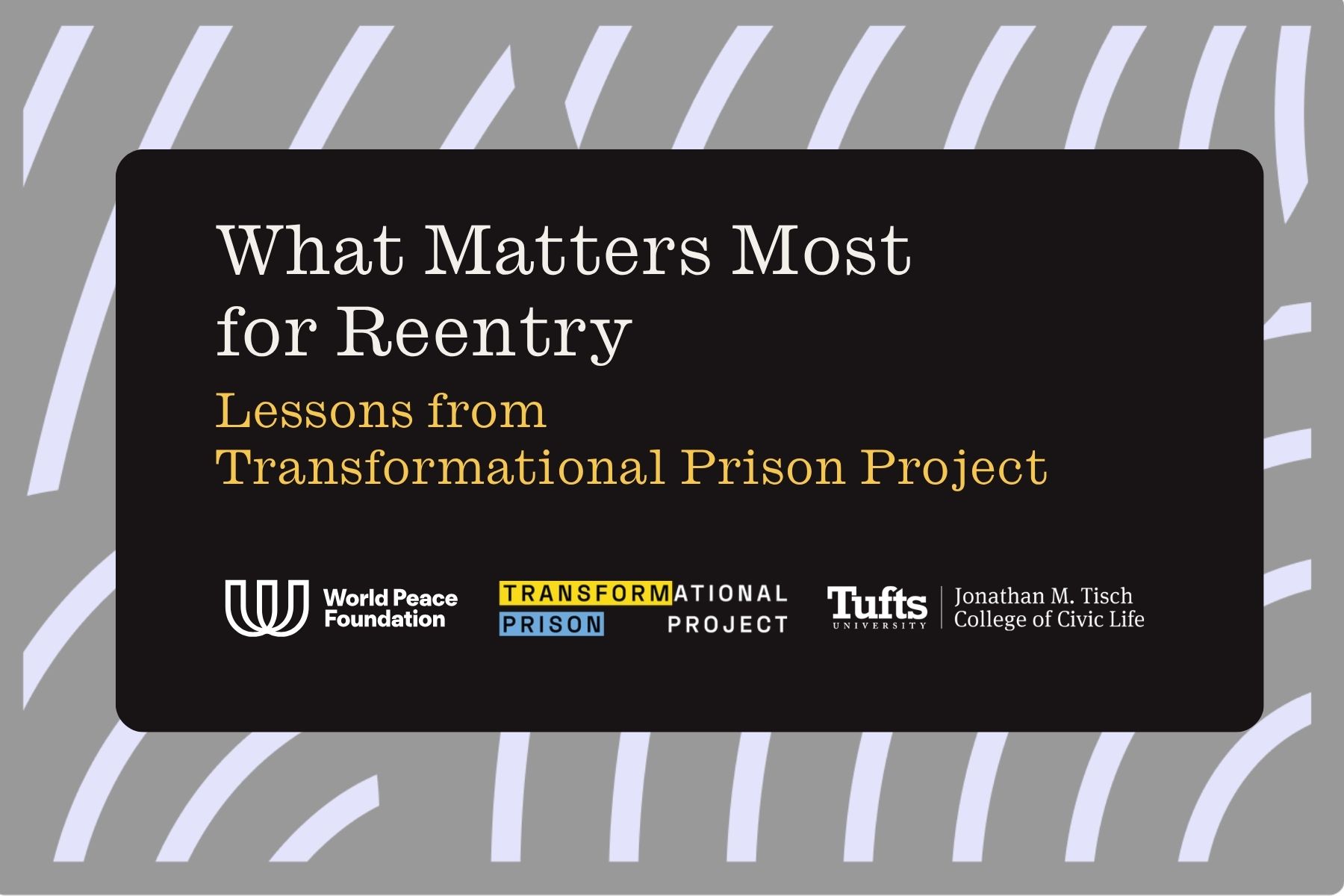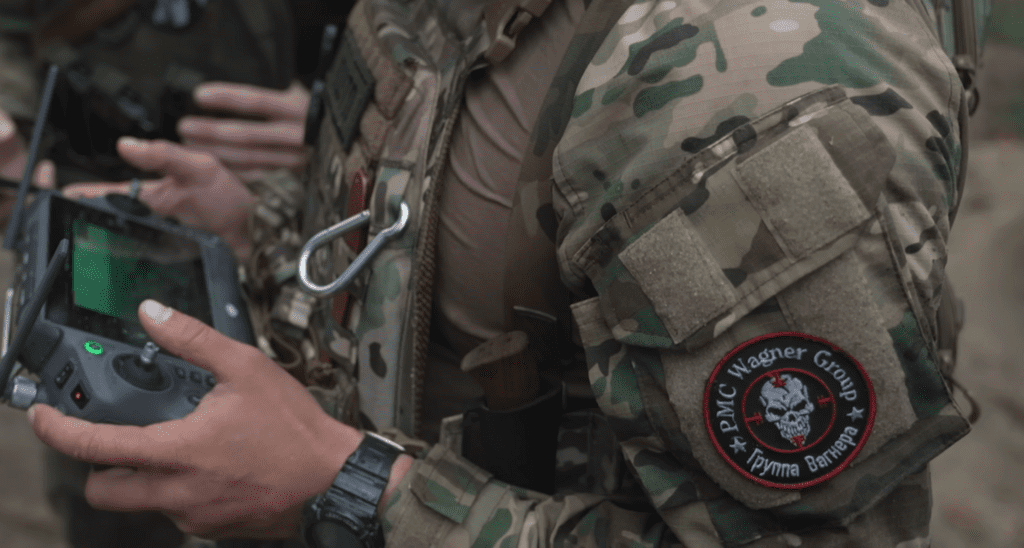After hours of keeping the public waiting, the Sudan military made the long awaited announcement that the embattled long time President of the East African country has finally succumbed to the same pressure that catapulted him to power three decades earlier. Sudan has been under the grip of popular protests that began on 19 December in the norther town of Atbara. As the protests spread to many other parts of Sudan including notably the capital Khartoum, the centre of attention shifted from the opposition against spike in the price of bread, which triggered the protest, to broader demand for political change that aimed at the departure of Bashir from power.
Despite Beshir’s desperate efforts including a state of emergency declared on 22 January, it failed to deter the protesters. Instead, the protest movement continued to gain steam. Despite apparent mobilization of the security forces to disperse the protesters, leading to the death of some 60 people, the protest movement persisted, with the turning point happening when the protesters in Khartoum moved to stage their demonstrations outside of the Ministry of Defense. With the protesters camped outside the Ministry day and night and signs of junior officers backing the protesters emerging, it became a matter of when and not any more if Bashir would go.
Of course nobody could tell how Bashir’s rule would end. It was however clear that the key for moving him was with the military. Now that the military acted to remove Bashir and that the main demand of the protesters fulfilled, what are the ways for Sudan to navigate the turbulent waters of transition? Would the protesters and the wider public be forced or coopted to settle for the military led transition that the Defense Minister announced? Or would they manage to negotiate a deal with the army for a representative civilian led transition?
As these questions make it clear, the challenge for transitions like this is managing what happens next. Quite a number of similar transitions and indeed Sudan’s own previous two popular uprisings have amply illustrated that bringing the government down could be the easier challenge. Ushering in a democratic order has never been as easy. Examples in which end of a regime not leading to transition to democracy abound. The coming hours and days are the most decisive and critical to determine whether Sudan will achieve democratic change.
The first challenge for the protesters and indeed for Sudan’s transition is what to do with the announcement of the military suspending the Constitution and establishing a military council that will govern for a transitional period of two years.
Other than the promise of a new constitution and an election at the end of the two year period, there is nothing in a military transition that would be acceptable for popular movement. Already, the Professional Association of Sudan, a key actor behind the protest movement, announced that it rejects the military takeover and declared the plan to continue with the protests. As a result, there is an imminent danger of a show down between the protestors and the army that took over power, if protesters don’t settle just for the removal of Bashir and insist on an inclusive civilian led transition.
This issue of the military takeover is not however a matter for Sudanese actors only. It is of immediate concern for the African Union that has long established and almost consistently applied norm on unconstitutional change of government. As provided for under the Lome Declaration of 2000 and the Addis Ababa Charter on Democracy, Elections and Governance, a member state of the AU in which a military takeover of power happens would be deemed as having unconstitutional change and hence subject to suspension from the AU in accordance with Article 30 of the AU Constitutive Act. While confusion arise when the military plays the decisive role of removing an incumbent government in the context of popular protest demand the end of the regime, in this instance it appears that there is no popular support for the military takeover and hence there is little room for justifying the army led transition as an embodiment of the popular will. The unavoidable decision of the AU designating the military takeover as unconstitutional and suspending Sudan may in this instance be welcomed by the street, as a boost for those rejecting the announced army led transition.
But this is unlikely to change the course of events in Sudan. Indeed, as Alex de Waal in an article on the BBC pointed out, it is far from certain that the path facing Sudan is simply a choice between military rule and democratic transition. Unlike 30 years ago when the military was the dominant security establishment in Sudan, under Bashir quite a number of powerful security bodies have been established. These include the National Intelligence and Security Services (NISS) which itself is armed, Central Reserve Police and the Rapid Support Force (originally a Darfurian militia) and Islamist militia associated with the National Congress Party.
De Waal pointed out that ‘Bashir is the spider sitting at the centre of this web: only he has the means to keep the various groups in check.’ Indeed what people are afraid of is the risk of fragmentation of these web of security constellations in a struggle for power and the resultant danger of Sudan descending into violence. This risk of such fragmentation may materialize if protesters defy the military and a face off ensues. Some of the security institutions announced that they would protect the people and state institutions. Such is particularly the case where, in the face of a show down between the protesters and the military, any of the other security entities join the opposition to the army led transition that the defense minister announced.
If in the end it comes down to a choice between the descent of Sudan into a civil war and the military led transition, there is little doubt as to which one would be the choice.
If one adds to this already intricate mix the external dimension of actors with interest in Sudan, the scenario of smooth transition leading to a democratically elected government could prove more difficult. Indeed, there is risk of this transition becoming a theatre of a dangerous external rivalry. Such is a scenario that would not only wipe off any hope for democratic change but it could also push the country into the precipice.
The major issues for the Sudanese actors, countries of the region, and the AU, who have the most immediate stake in the face of this crisis are how the worst scenario highlighted in this article can be avoided, how the region and AU can play the role of helping Sudanese actors avoid these dangers, how the various actors agree on and craft a kind of transition that delivers on expectations of the people. A major entry point for a coherent international action for delivering on these issues is the AU’s norm on unconstitutional changes of government.
Perhaps the most useful precedent in terms of the application of the AU’s norm on unconstitutional change of government that could be followed in this particular case of Sudan is the protests that forced Compaore out of power in Burkina Faso in November 2014. As in the case of Sudan, it was the pressure of popular protests that made Compaore pack and flee the country. On his departure, the army took over the reign of power. The AU through the statement of the Chairperson of the AU commission announced its rejection of unconstitutional changes and at its meeting on 3 November, the Peace and Security Council informed the army that the seizure by the army of power was contrary to AU norm on unconstitutional changes. But as opposed to the usual practice of suspending Burkina Faso immediately, the PSC, on the advise of the then Chairperson of the AU Commission Nkosazana Dlamini Zuma, used the threat of suspension as a leverage for quick transfer of power by the military to a transitional civilian authority. Accordingly, the PSC gave Burkina Faso’s army a period of two weeks for handing over power to such civilian authority.
Without a doubt this could be the best possible option available for pressuring the army into negotiating a transition under civilian leadership. It is possible that this approach may receive the support of the UN and the EU.
The best may not however be the most likely. This approach may as well face major opposition from other corners, particularly those from the Middle East. Concerns around the possibility of gaining of space by Muslim Brotherhood and fear of one of the two camps in the rivalry between the feuding camps in the Gulf Cooperation Council could prompt some of the countries like the UAE to throw their full weight behind the military. Whether and how any negotiation that may in the short term lead to a civilian led transition would cater for these external concerns would be the key factor to forestall a situation in which some key external players frustrating the calibrated use of the AU’s intervention.


